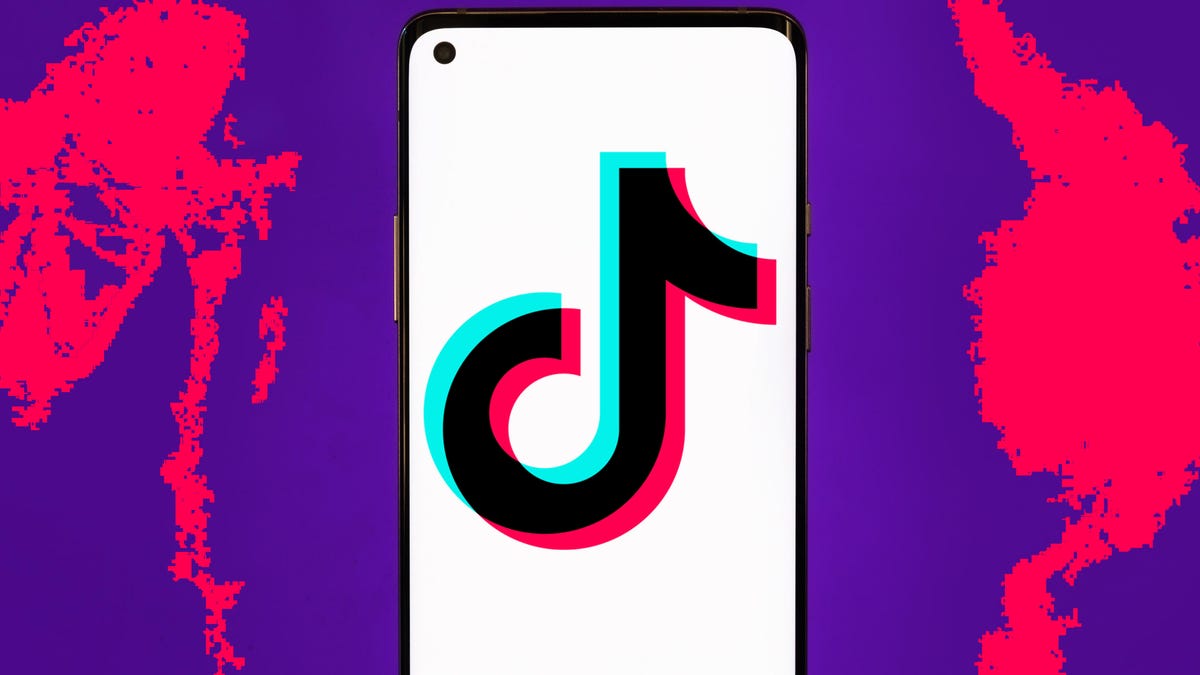Ohio, New Jersey to Ban TikTok From State Government-Owned Devices
The two states are the latest to place restrictions on the social media app.

Nineteen other states have imposed some sort of ban or restriction on TikTok.
Citing national security risks, Ohio and New Jersey are the latest states to ban TikTok from government-owned devices.
Ohio Gov. Mike DeWine signed an executive order Monday that prohibits the use and download of Chinese-owned media applications and channels on state government-owned and -leased devices. The order targeted TikTok, along with other Chinese-owned apps and services, such as WeChat, Weibo and Tencent Video.
On the same day, New Jersey imposed a ban on "high-risk softwares and services," including TikTok, on government devices. Gov. Phil Murphy, in a press release, said the ban would "ensure the confidentiality, integrity, and safety of information assets managed by New Jersey State government."
A growing number of states have cracked down on the short-form social media app following the FBI saying that the app poses a national security threat.
In December, US President Joe Biden signed a ban that prohibits nearly 4 million federal employees from using or downloading TikTok on federal government-owned devices.
On Friday, Wisconsin Gov. Tony Evers announced that he also plans to ban the app on state-owned devices. If Wisconsin follows the lead of the now 21 other states that've issued bans or restrictions, that would mean nearly half of US states would have some sort of ban on the app in 2023.
State officials are wary of user data that ByteDance, TikTok's parent company, might provide to the Chinese government. According to the New Jersey state press release, when versions of the app were analyzed, researchers found that keystrokes of users, data from the phone's clipboard, and regular screen captures were collected by TikTok. The press release also said passwords and other sensitive information in and outside the app may be collected by TikTok as well.
ByteDance didn't immediately respond to a request for comment. In December, a TikTok representative told CNET that TikTok has been working with the Committee on Foreign Investment in the US for over two years to address "all reasonable national security concerns."

